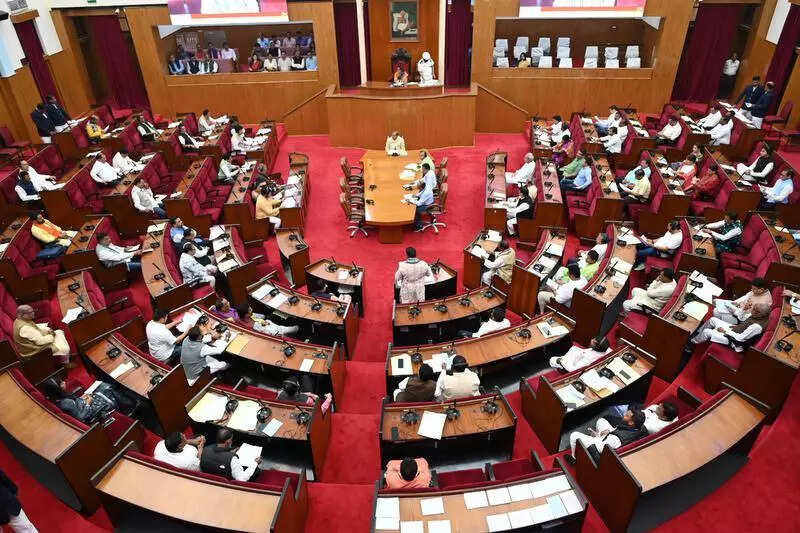Government Takes Action to Control Rising Prices of Essential Commodities | Bhubaneswar News

Bhubaneswar: Food supplies and consumer welfare minister Krushna Chandra Patra on Tuesday attributed the rising cost of pulses to a 10-12% decline in imports and adverse weather conditions affecting the supply chain.
Addressing an adjournment motion on price rise in the assembly, Patra outlined several measures implemented by the govt to control escalating commodity prices. District collectors have been directed to conduct regular meetings with local traders and monitor the prices of essential commodities, including rice, pulses, oil, potato and tomato. They have also been tasked with overseeing the supply of these items along with wheat.
It must be mentioned that Arhar dal (toor dal) is being sold at Rs 170-Rs 200 per kg in the retail market. To address recent shortages, the govt procured 300 metric tons of potato through NAFED, which was distributed through fair price shops. Similarly, to combat rising onion prices, it is being sold at Rs 35/kg through NAFED and NCCF outlets.
The minister revealed that govt agencies have intensified their crackdown on hoarding and black-marketing. “This year, we penalized 133 traders for unfair practices, collecting fines worth Rs 1.63 lakh. Show-cause notices have been issued to 12 traders,” Patra said.
Looking ahead, the govt plans to make the state self-sufficient in potato production by increasing cultivation and establishing cold storage facilities at the district level. The measures come as part of the govt’s broader strategy to ensure price stability and maintain an adequate supply of essential commodities across the state, the minister said.
Addressing an adjournment motion on price rise in the assembly, Patra outlined several measures implemented by the govt to control escalating commodity prices. District collectors have been directed to conduct regular meetings with local traders and monitor the prices of essential commodities, including rice, pulses, oil, potato and tomato. They have also been tasked with overseeing the supply of these items along with wheat.
It must be mentioned that Arhar dal (toor dal) is being sold at Rs 170-Rs 200 per kg in the retail market. To address recent shortages, the govt procured 300 metric tons of potato through NAFED, which was distributed through fair price shops. Similarly, to combat rising onion prices, it is being sold at Rs 35/kg through NAFED and NCCF outlets.
The minister revealed that govt agencies have intensified their crackdown on hoarding and black-marketing. “This year, we penalized 133 traders for unfair practices, collecting fines worth Rs 1.63 lakh. Show-cause notices have been issued to 12 traders,” Patra said.
Looking ahead, the govt plans to make the state self-sufficient in potato production by increasing cultivation and establishing cold storage facilities at the district level. The measures come as part of the govt’s broader strategy to ensure price stability and maintain an adequate supply of essential commodities across the state, the minister said.















